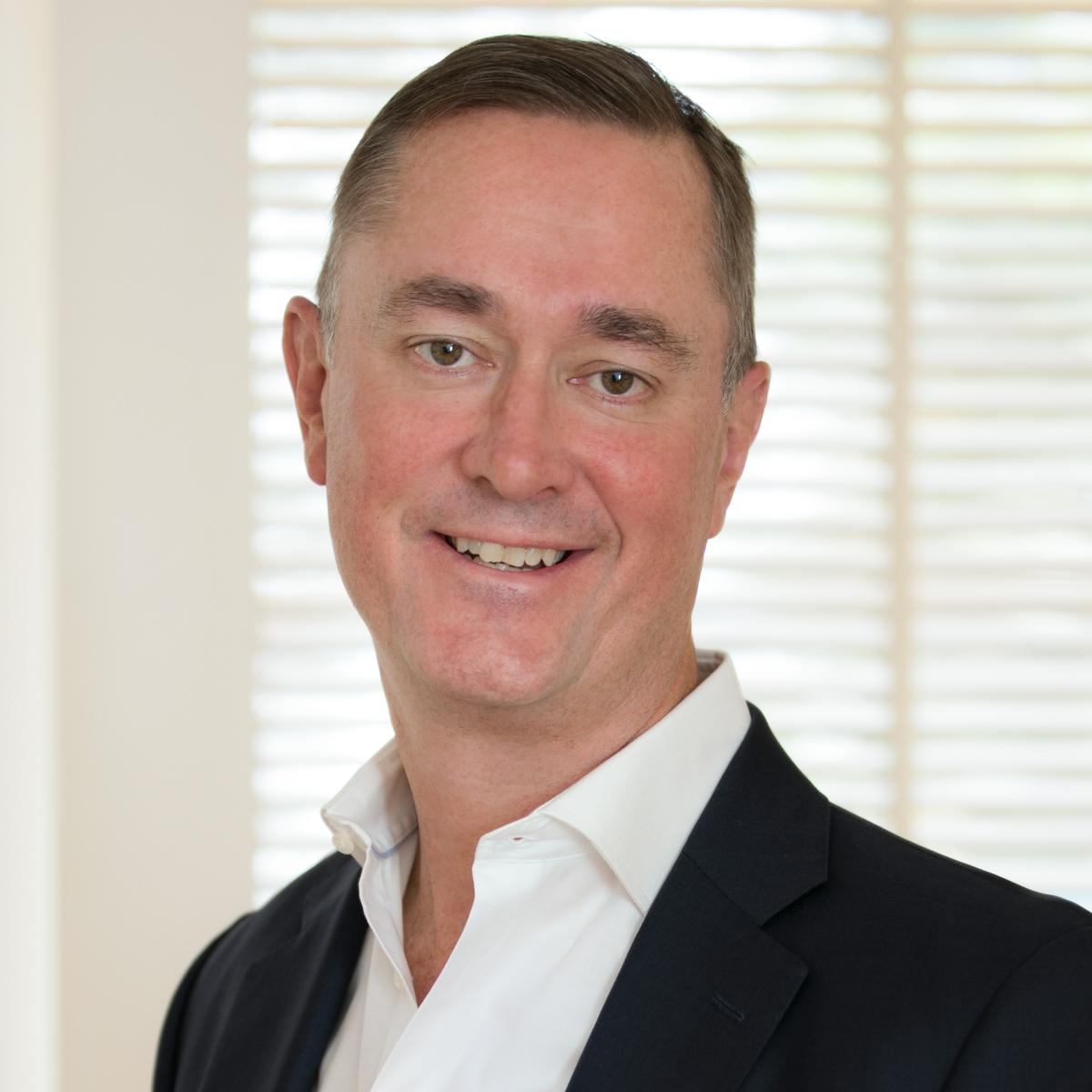
Coming through the industry in the late 90s and early 2000s, I'm of a vintage of professionals who has seen the growth of alternative investments at close hand and was privileged to have some early first-hand experience. For instance, as a multi-asset strategist at BlackRock, I examined the impact of hedge funds on broader multi-asset portfolio construction. However, these initial exposures were from a whole portfolio perspective - I would not have considered myself an alternatives “expert”.
I was aware of CAIA and had some colleagues and friends who had taken the qualification but, after passing my CFA in 2007, I had little inclination to commit to further exams. At that point, I wanted to focus on my career and starting a family, as well as my newfound hobby - triathlon! I didn't feel like I was missing anything by avoiding CAIA.
That view changed after I moved to Hong Kong with BlackRock in 2012. I'd been sent to establish a client solutions team for the APAC region - an advisory and portfolio management function that could help the region's largest institutions with complex asset allocation challenges. As we began to triage our first projects, one theme stood out - the incorporation of illiquid strategies into a large-scale portfolio.
Delving into this topic, it was humbling to confront how little I knew about the various technical aspects of building an illiquid program, particularly around the cash flows and performance profiles associated with private investments. Some of my team had taken the CAIA and between their knowledge and the collective intelligence of the broader firm we were able to produce advice that was well-received by the client. But after that initial shock, I resolved to "get qualified" in this space by taking the CAIA exams.
I passed Level 1 in September 2016, after a stressful month which involved three weeks of business travel, my BlackRock MD interview, and a random bout of conjunctivitis two days before the exam. Due to work commitments, I delayed taking Level 2 until September 2017. On both Levels, I managed to study in short bursts on my morning and evening ferry commutes, over lunch at my desk and frequently on planes. Coming up to each exam I made sure that my weekends were cleared for at least a month out in advance. Triathlon training had to take a back seat!
As I heard a famous business professor say recently, "we all fear death and irrelevance". As COVID-19 has shown, while fate is not completely in our control, we all can take mitigating steps to staying safe and healthy and it’s the same with professional learning and development.
Upon leaving BlackRock on the eve of the pandemic, I took some time to think about which aspects of the investment industry I was truly excited about. The industry is going through an era of exponential change and private market investing, along with sustainability and technology, is one of the key structural themes.
I chose to join Zerobridge Partners, as their Head of Business Development & Investor Relations. We are a Hong Kong based private credit firm with an APAC focus, founded by former BlackRock and UBS alumni. The firm and the role tick a lot of boxes for me - after working at the largest firm in the industry I wanted to do something entrepreneurial and build a business from the bottom up.
Studying for the CAIA has provided an important intellectual bridge between my previous role and my new one. Most importantly, it made me fluent in another investing "language" - that of private markets - which allows me to toggle between the mindset of a GP and that of an allocator. I'd encourage all investment professionals to consider studying for the CAIA.
About Stephen Hull
Stephen is a Managing Director of Zerobridge Partners, a Hong Kong-based credit platform offering APAC-focused advisory and asset management services. He leads Business Development & Investor Relations.
Prior to joining Zerobridge, Stephen was a Managing Director and Head of Client Portfolio Solutions at BlackRock, where he oversaw the Asia-Pacific region’s contribution to a USD188 billion global investment solutions business. In this position, Stephen led a team of APAC investment professionals dedicated to solving portfolio construction, asset allocation and governance challenges for institutional and wealth management clients.
Stephen is a CFA Charter holder, holds the CAIA designation and has completed the Oxford Private Markets Investment Programme from the Saïd Business School, University of Oxford.


